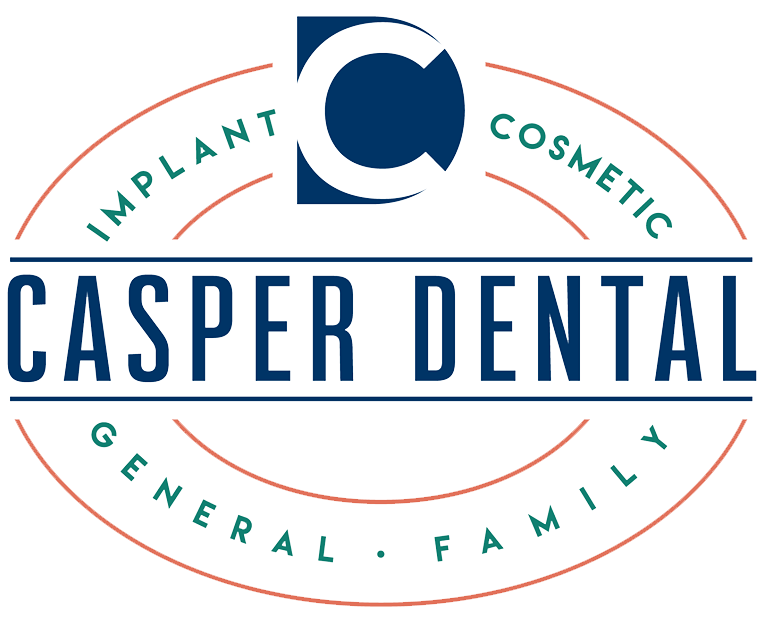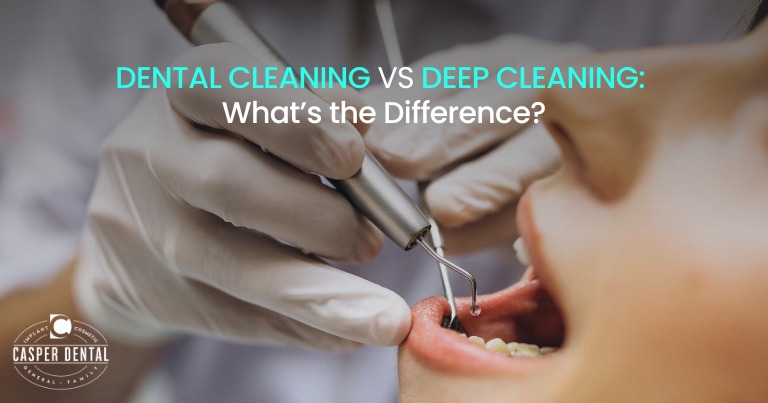When it comes to maintaining a healthy and radiant smile, regular dental cleanings are essential. However, when it comes to general and cosmetic dentistry, you may have heard the terms “dental cleaning” and “deep dental cleaning” and wondered what sets them apart. In this article, we’ll explore the differences between these two dental procedures and why they are both crucial for your oral health.
The Basics of Dental Cleaning
Dental cleaning, often referred to as a “regular” or “routine” cleaning, is a fundamental part of preventive dental care. Most Richland family dental clinics advise to schedule these cleanings every six months. However, it’s worth noting that the frequency of these cleanings may vary based on your specific oral health requirements, and your dentist might recommend more frequent visits if necessary.
Regular dental cleanings offer multiple benefits, including the prevention of tooth decay and management of gum disease, which is essential for overall oral hygiene. Additionally, dental cleanings eliminate bacteria that can cause bad breath and facilitate early detection of dental issues, ultimately reducing the need for more extensive and costly treatments in the future.
What Happens during a Routine Dental Cleaning?
In order to truly differentiate between dental cleaning and deep cleaning, it is important to understand what really goes down during each of these procedures. Let’s begin with regular dental cleaning:
-
Plaque & Tartar Removal
Plaque is a sticky film of bacteria that forms on your teeth. If not removed, it can harden into tartar, which can only be removed by a dental professional. Using a dental scaler or water jet, your tri city dentist will remove plaque and tartar from the front, back, and between teeth. This reduces the risk of cavities and gum disease.
-
Polishing
After tartar removal, a mildly abrasive toothpaste called prophylaxis paste is used to gently scrub away stains from the teeth surface caused by substances like coffee or tobacco. This process not only enhances the appearance of your teeth by making them brighter and whiter, the smooth tooth surfaces make it more challenging for plaque and bacteria to adhere, contributing to long-term oral health.
-
Flossing
After brushing/polishing your tri city dentist will floss between your teeth to ensure there are no hidden food particles or plaque buildup. This essential step not only promotes gum health but also helps prevent cavities by addressing areas that brushing alone may miss, ensuring your entire mouth is clean and free of potential dental issues.
-
Fluoride Application
In the last step, fluoride is applied to the teeth to strengthen teeth enamel and prevent tartar buildup.
All the above steps collectively constitute a regular dental cleaning procedure. If you typically maintain good oral health, then this is all you need. However, if you’re dealing with gum disease, significant tartar buildup, or haven’t had a professional cleaning in an extended period, you may need more extensive cleaning procedures that will require additional time and attention from your dental care provider. These additional steps constitute a deep dental cleaning procedure.
While dental cleanings focus on maintaining oral health, deep dental cleaning, also known as scaling and root planning, is a specialized procedure designed to treat gum disease like gingivitis or periodontitis in its early or moderate stages. In deep dental cleaning, the focus shifts towards managing a condition that extends beyond surface-level issues.
What Happens during a Deep Cleaning?
Besides the steps involved in a regular dental cleaning that have been discussed earlier in this article, the following additional activities must be performed by your Richland family dental specialist:
-
Scaling
In this step, the dental professional skillfully removes plaque and tartar that have accumulated below the gum line. This eliminates the primary source of infection and inflammation within the gum tissue. Chances are that a local anesthetic will be applied to numb the area, to ensure your comfort during the procedure. Nowadays, laser technology is opted for scaling, to minimize discomfort and bleeding and speed up the recovery process.
-
Root Planning
Using a dental scaler or curette, the dentist smooths out the rough surfaces of tooth roots. This procedure serves a dual purpose: firstly, it helps prevent bacteria from reattaching to the root surfaces, reducing the risk of reinfection; secondly, it creates a smoother and more favorable environment for the gums to reattach to the teeth, promoting more effective healing.
The best thing about deep dental cleaning is that it offers tailored benefits for individuals with serious gum disease; effectively managing it, halting its progression and preventing further damage. It promotes overall gum health by facilitating tissue healing, reducing inflammation, and minimizing the risk of future gum problems.
Whether you are opting for a regular dental cleaning or you need a deep cleaning procedure, with Casper Family Dental your oral health is in great hands! As your trusted partners in your journey towards a healthy and beautiful smile, we offer free consultation, customized solutions for individual oral health issues and excellent post-procedure care to help you recover peacefully. Book your appointment now!


